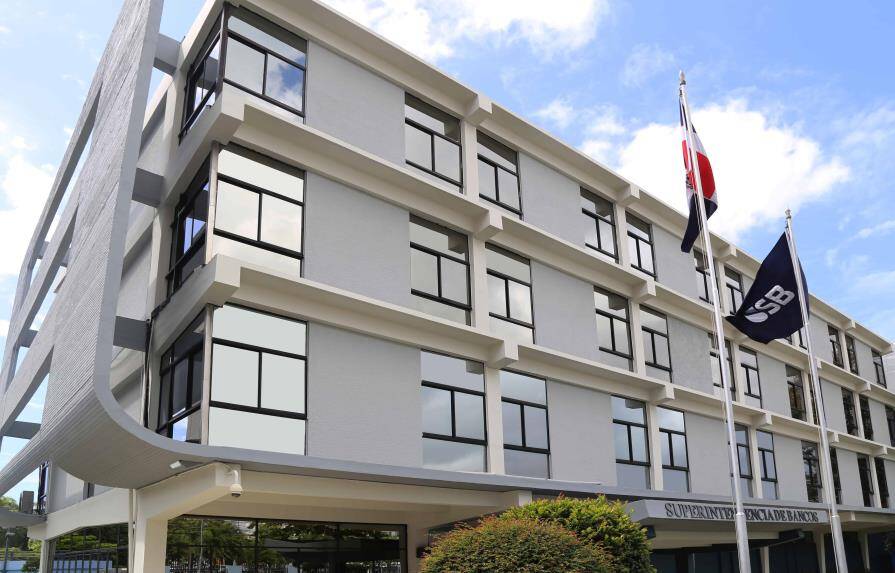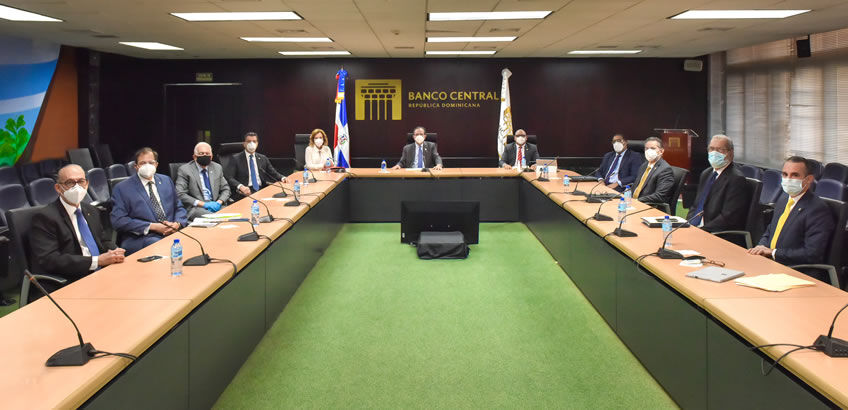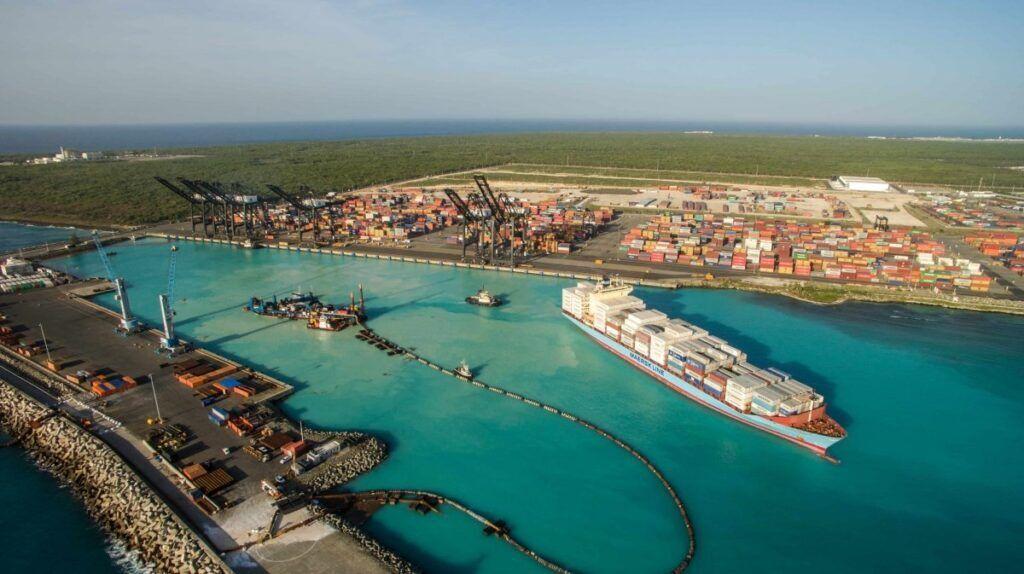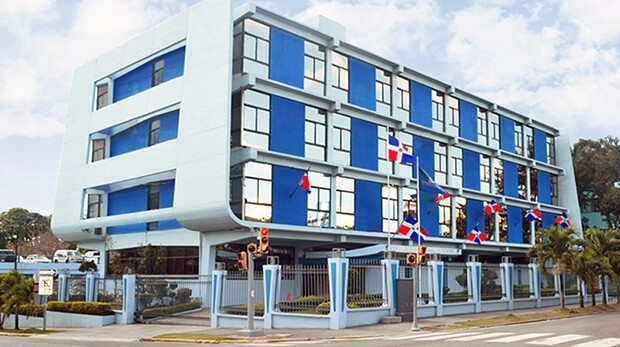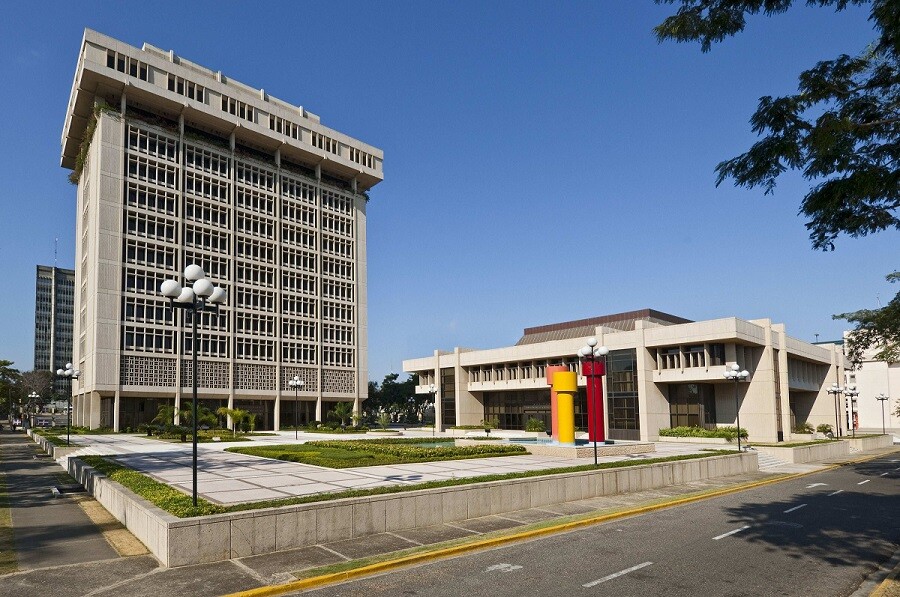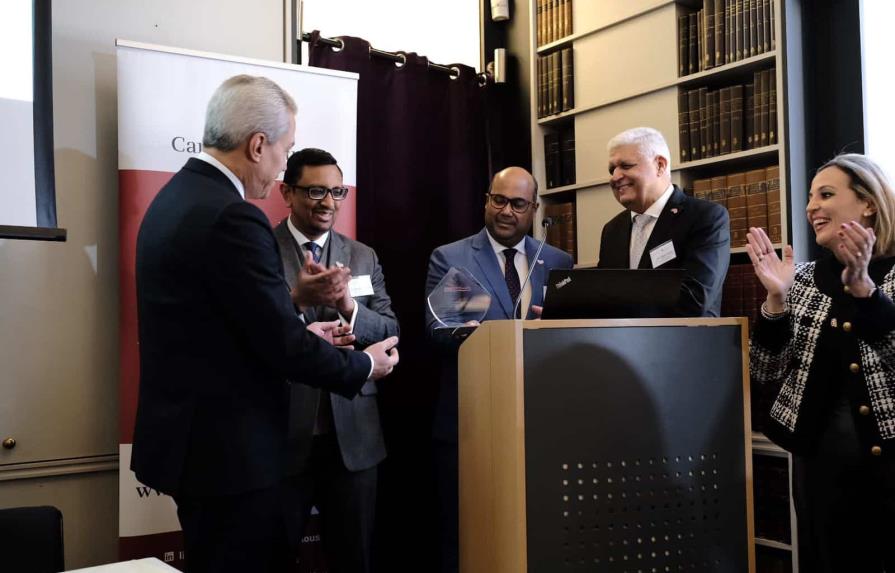Work table seeks agreement to mitigate price hike in the DR
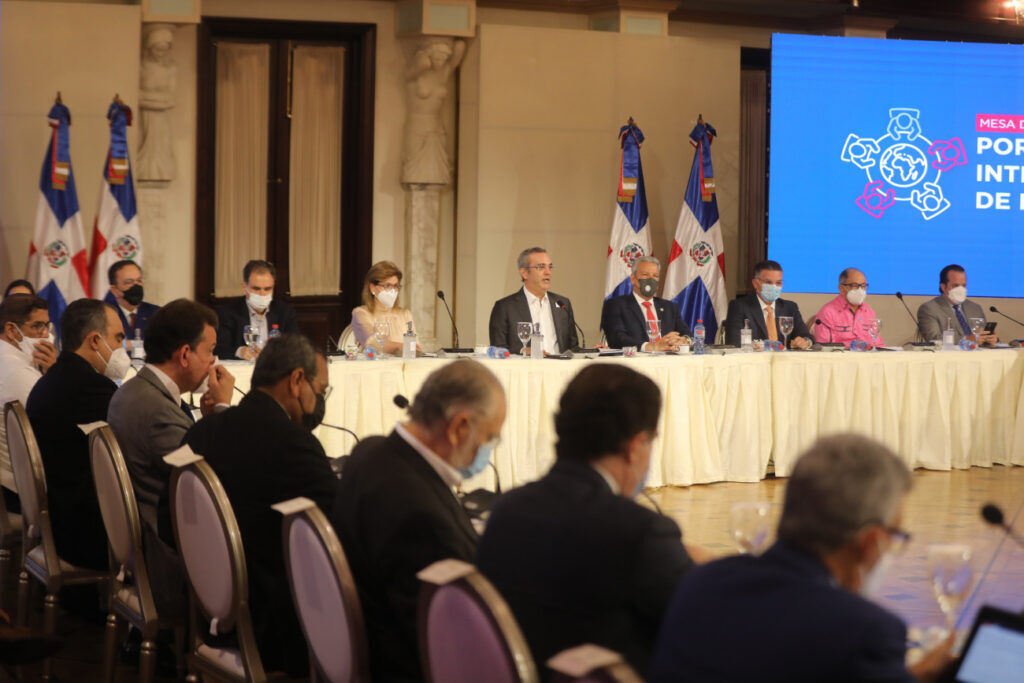
President Luis Abinader opened a work table made up of businessmen and members of the social, religious, union and cabinet sectors, whose fundamental purpose is to achieve a great national agreement to mitigate the effects on the economy that is temporarily hit by the international price crisis.
During the meeting at the National Palace, the head of state acknowledged that the country is experiencing turbulent times in its economy, and there he assured that there should be a readjustment in the wages of workers, which is reflected in current inflation levels and in increases in basic needs.
In addition, he said that they are committed to continuing subsidizing some sectors so that the increases in prices do not continue.
“We have a situation that we have to follow up on and we have to, from the government, continue to subsidize, so that it does not also become an inflationary effect”, said Abinader.
The governor added, when reading the commitment document signed by the sectors, that the rise in prices is currently a global phenomenon triggered by the increase in demand for raw materials, the disruption of the logistics chain caused by the pandemic, and the high cost of fuels as a result of the economic reactivation.
“This significant rise in global prices alerts governments and worries all citizens because the effects are felt in the local markets of our countries. The Organization of the Petroleum Exporting Countries (OPEC) warned that global demand for crude oil will continue to increase and will therefore reach pre-pandemic levels in the fourth quarter of this year. The strong demand caused by the recovery is pushing up the price of a barrel of oil and transport costs”, he argued.
He said that understanding this situation, the government understands that it is necessary that in this new crisis imposed by the world, that there be unity of all representative sectors of society to seek joint solutions that allow mitigating the impact it causes on the local economy. , “So, we commit to participate in the work tables due to the international price crisis.”
Abinader specified that the demand for international maritime transport grows due to the recovery of the manufacturing sector around the world, but the flow of ships slows down due to the crisis of traffic jams in ports and the delay in the dispatch of containers, causing and increasing the cost of imported raw materials and finished products.
In this sense, he entrusted the sectors that make up the working table to make the place arrangements on the issue of prices and to begin to meet on June 23rd, so that within ten days they deliver to the Executive Power a first recommendation. “I propose to the Minister of Industry and Commerce, Víctor (Ito) Bisonó, to coordinate these working groups, together with the Minister of Agriculture, the Minister of Economy, and other government institutions that we will report on later”, he proposed.
Despite the crisis, the president assured that poverty has increased by only 2 percent, and estimated that by the end of this year, the figure will have decreased.
When describing the current economic situation, the Minister of Economy, Miguel Ceara Hatton, explained that a projection has been made in the country as of June 10th, and it is estimated that in 2021 there would be an increase of 7.5% compared to 6.7% which was registered in 2020.
“Average inflation last year was 3.78 and we expect to have average inflation of 7% and by December it would be around 5%. There are the assumptions that served as the basis for making that projection and that serves, of course, to be the macroeconomic framework of the budget”, he said.

